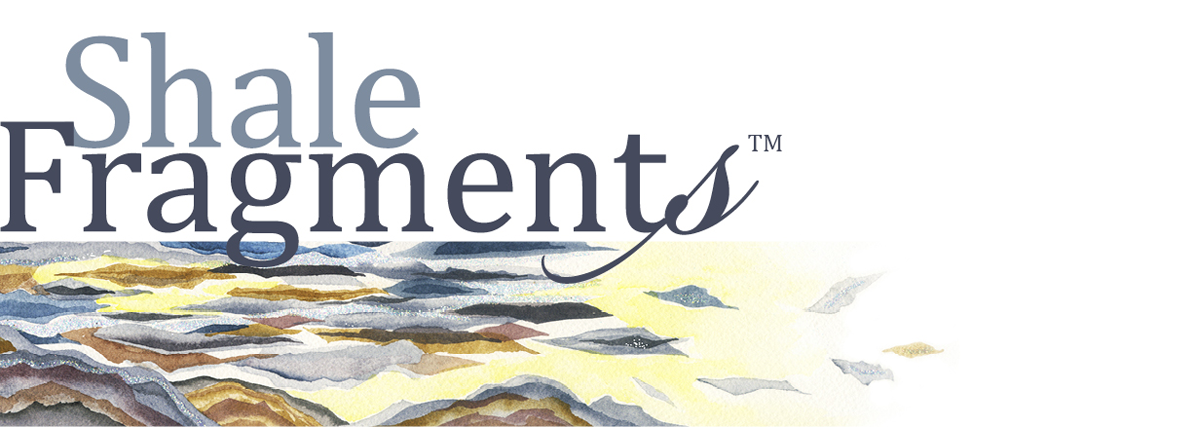In His Dust – The Parable of the Lavish Father
In His Dust – The Parable of the Lavish Father
He is eager to love us!
Print the two-page PDF
Yeshua’s (Jesus) parable traditionally called The Prodigal Son, I have renamed The Parable of the Lavish Father, after studying with Dwight Pryor. Yeshua paints a beautiful portrait of the nature of God’s inviting love that ministers to our deepest need! I will start with a quick summary about Jewish parables.
The Nature of Jewish Parables
- Parables are unique to the Jews. The Hebrew word mashal from which the Greek parabolé was translated means shadow. Parables are shadows of real stories. They are analogies that use word pictures from everyday life to reveal God.
- Parables were designed to drive home a point. They prove the teacher’s message by inviting listeners to immerse themselves in the story and arrive at their own conclusion.
- Their meaning was clear and illuminating to the original audience. They were not like worldly allegories with hidden symbolism and messages that needed to be decoded.
- Yeshua taught with parables in the context of many different situations and audiences. He masterfully chose each parable for each situation and used them to invite and invoke a response.
The Parable of the Lavish Father Please read Luke 15:11-32 first to understand this study.
Before Yeshua shared this parable, He had been “passing through from one city and village to another, teaching, and proceeding on His way to Jerusalem.” (Luke 13:22) His audience included both “sinners” (common people who were aware of their sin) and Pharisees (leaders who were not aware of their sin).
The Jewish Context and Culture
- Within the Jewish community, it is unprecedented to give your wealth before you die or to ask for your inheritance. When the younger son asked his father for his inheritance, he was basically saying, “Drop dead.” His action was shocking in a culture that highly esteemed the elderly.
This unprecedented, extreme act of the son kept Yeshua’s audience captivated!
- The older son should have taken his brother aside and rebuked him to protect his father’s integrity. Instead, the father “divided his wealth between them.” The father gave his wealth to both sons! Since his wealth would have included all his property, he put himself at great risk! (Typically, a father would have beaten the son and cast him out!)
Again, this unprecedented, extreme act of the father kept the listeners in rapt attention!
- And so, the younger son left home, completely squandered his inheritance, and ended up in a pig stye. In desperation, he returned to his father with partial repentance, willing to be a hired hand. In this culture, the entire community would have come out to jeer him for his utter disrespect. But the father ran to him – a humiliating act for an old man. The father didn’t wait for his son to come to him and fall at his feet. He didn’t even hear his son’s explanation so he could assess the true nature of his heart. Rather, the father welcomed him, kissed him, clothed him, and invited him into the community with a party!
Once again, Yeshua’s audience is amazed by the father’s actions and captivated to continue listening!
- We don’t know how the older son finally responded to his father’s words in the last verses of this parable. Yeshua leaves the listeners hanging with questions and with a wide-open space to contemplate their own lives.
What questions do you think would have been in their minds? What questions do you have?
Yeshua’s Message about God and Us
In The Parable of the Lavish Father, Yeshua taught the true character of God. At every juncture in the parable, the Father went against cultural expectations and his legal right. He put Himself in jeopardy and humiliated Himself to extend mercy to His children.
Our Father is eager to pour out hesed, undeserved grace, favor, and mercy to us! Even when He is insulted and abused, His love overshadows His justice!
This is the true nature of the God and Father of our Lord Yeshua Messiah!
In Michael Card’s book Inexpressible: Hesed and the Mystery of God's Lovingkindness he defines hesed (God’s love) like this: “When the person from whom I have a right to expect nothing gives me everything.”
In this parable, Yeshua invites the “sinners” and the Pharisees to the Father’s heart. In other words, He invites those who see their sin and those who do not see their sin to receive the Father’s love.
- To the sinners (perhaps the younger brother in the story), He beckons, “Will you come home to me and find immeasurable mercy and healing?”
- To the Pharisees (perhaps the older brother in the story), He beckons, “Will you give Me your heart? Will you let go of your pride? Will you receive My mercy?”
A Prayer
Lord, You put Yourself in jeopardy for us. You were insulted and abused beyond recognition and still spoke words of grace. Your blood flowed to pay our debt, to cover our shame, and to give us eternal life. Your unmerited favor is complete, free, and hard to believe. But we believe, and we are in awe!
We were blind, rude, controlling, proud, and selfish. But we have come home to You and experienced every spiritual blessing in the heavenly places in Messiah! You adopted us as sons and daughters because of Your kindness. In our complete undeservedness, You eagerly lavish Your love on us every day!
Give us revelation to know You better. Strengthen us in Your resurrection power for the days ahead! We lift our hands in praise and adoration to You!
(For more about our Father's hesed, please see the post Living in God's Undeserved Love.)

Shale Fragments™ - writings by Beth Ann Phifer is a division of Flower Girl Greetings, LLC. ©2020, All Rights Reserved.
Blessings and love in Him,
Beth Ann
When you subscribe to the blog, we will send you an e-mail when there are new updates on the site so you wouldn't miss them.

Welcome to Shale Fragments, a collection of writings and art for individual and group use!
Teaching God’s truth and the beauty of His Word is my greatest delight! My art card company, Flower Girl Greetings, was launched in 2012 with this purpose. In April 2020, ShaleFragments.com became the gathering place for the writings.
As I have studied the rich meanings of the original Greek and Hebrew languages of the Bible, I continue to see beautiful progressions and connections that compel me to organize and convey their life-changing beauty!
Please click on each category to access a list of contents or scroll through the posts. To receive Shale Fragments updates, please subscribe here.


Comments 2
Hi BethAnn…. An excellent read. Thank you. A book you may enjoy is Prodigal God CB by Keller. Along the same lines but filled with a wealth of gems. Blessings, Sandy Arcari
That's beautiful, Beth Ann! Just what I needed to hear today and be reminded of! A few years ago my cousin sent me the very card from you that you show in the picture here and I have it on display where I can always look at it and be reminded, but now this teaching adds even more to how special it is!